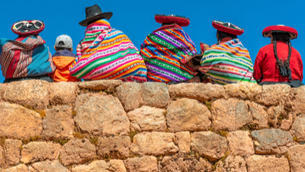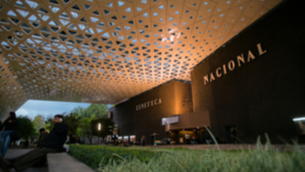La leyenda del milagro de Santo Domingo de la Calzada y el pollo asado – La Rioja

Siglo XIII. En la Edad Media, Santiago de Compostela es el fin del mundo.
En el Sur de Francia, un hombre y una mujer están muy tristes. Ellos son buenos cristianos y profundamente religiosos. Ellos se aman profundamente, pero ellos no tienen hijos. Tener descendencia es su gran deseo. El hombre y la mujer tienen fe, mucha fe. Ellos oran a la Virgen María con fe y devoción.

























